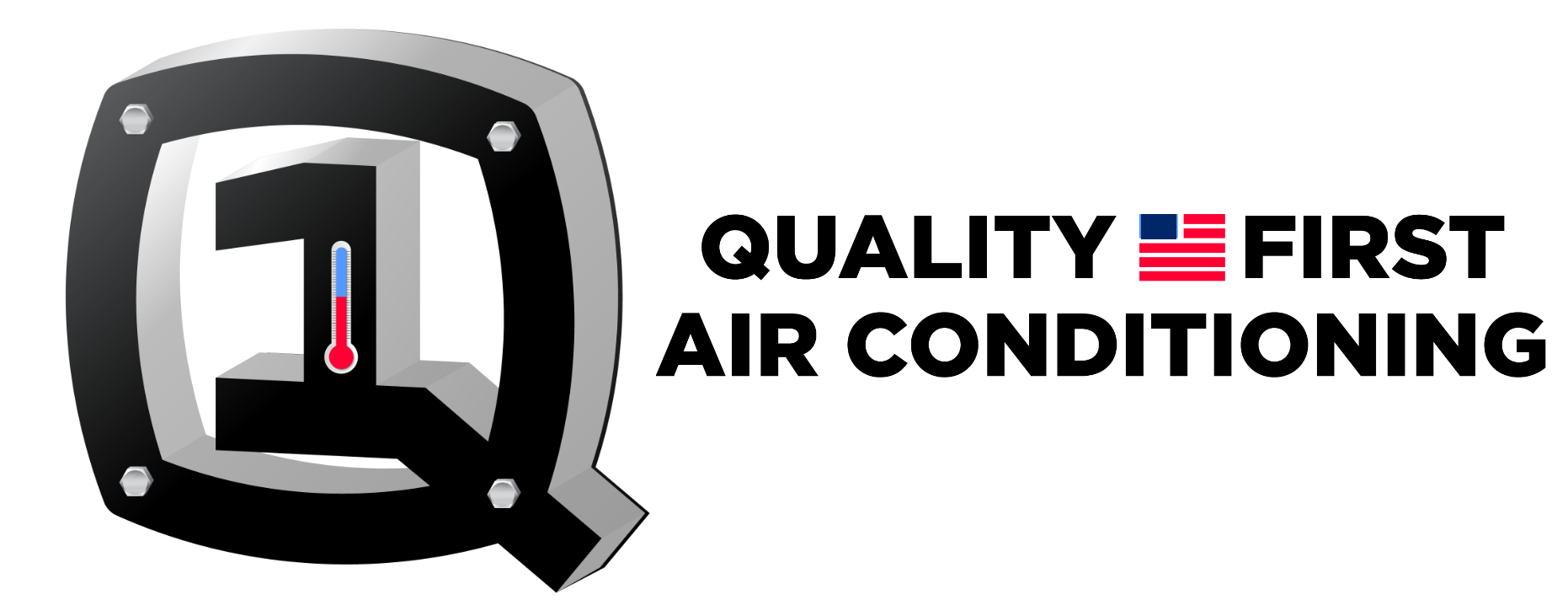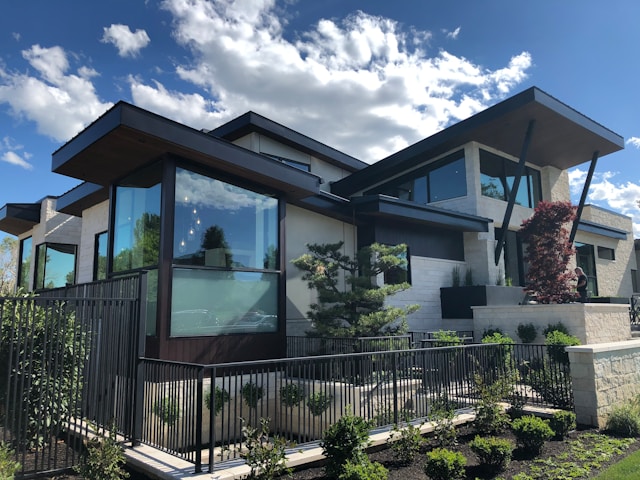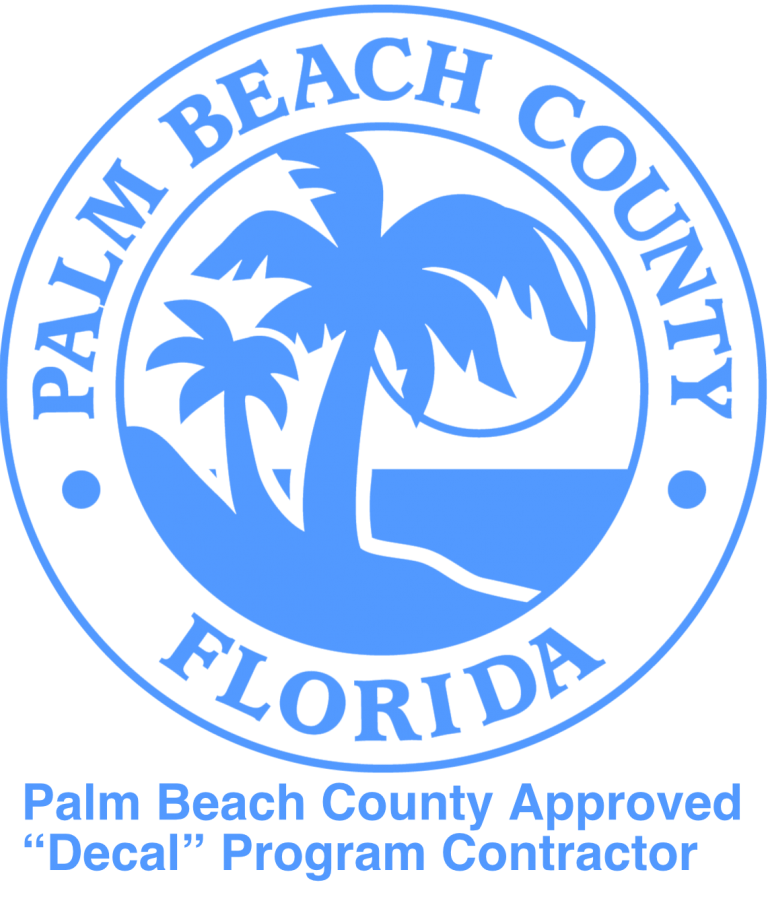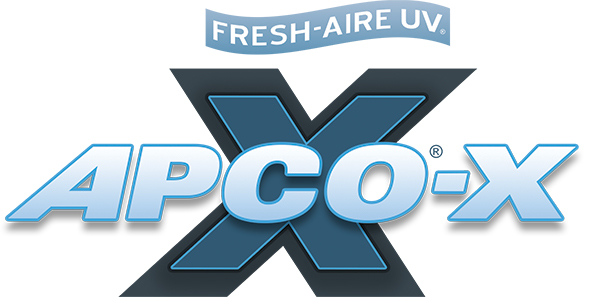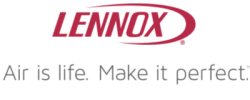Did you know that indoor air, filled with contaminants, can be up to five times more polluted than outdoor air? One crucial step in maintaining good indoor air quality is regularly replacing your air conditioner filters. But how often should you replace your furnace, heat pump, merv to ensure optimal performance and clean air in your home? Understanding the right timing for changing your air filters is key to a healthy living environment.
Key Takeaways
-
Regularly replacing air conditioner filters is crucial for maintaining indoor air quality and the efficiency of your HVAC system.
-
Factors like the type of filter, household size, pets, and allergies can influence how often you should change your air filters.
-
Neglecting to change air filters, especially merv ones, can lead to reduced air quality, increased energy consumption, higher utility bills, and potential damage to your HVAC system.
-
Choose the right pleated air filters or fiberglass air filters based on your specific needs, considering factors like MERV rating, filter material, and compatibility with your HVAC system.
-
To replace your air filters, turn off the HVAC system, locate the filter, remove the old one, insert the new filter following the directional arrows, and turn the system back on.
-
Remember to change your air filters seasonally or every 1-3 months to ensure optimal performance and air quality in your home.
Understanding Air Filters
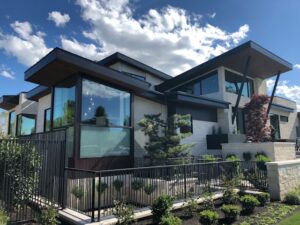
Basics and Function
Air filters are essential components in HVAC systems, trapping dust, pollen, and other particles to maintain clean indoor air quality. Regularly replacing air filters is crucial for optimal system performance and energy efficiency. Neglecting filter replacement can lead to reduced airflow and strain on the system.
When it comes to how often you should replace your air conditioner filters, it generally depends on factors like filter type, usage frequency, and indoor air quality. A standard guideline is to replace filters every 90 days for basic pleated filters. However, households with pets or allergies may need replacements of hvac air filter, pleated air filters, or fiberglass air filters every 30-60 days.
Neglecting regular air filter changes can result in various issues such as poor indoor air quality, reduced cooling/heating efficiency, increased energy consumption, and potential damage to the HVAC system. Clogged filters can lead to frozen coils, which hinders the system’s ability to regulate temperature effectively.
Types and Varieties
Air conditioner filters come in various types such as pleated, fiberglass, HEPA (High-Efficiency Particulate Air), and washable filters. Pleated filters, made of polyester or cotton paper, offer better filtration than fiberglass ones but are pricier.
HEPA filters are top-tier options known for their exceptional filtration capabilities that can capture up to 99.97% of particles down to 0.3 microns. However, they may restrict airflow due to their dense design compared to standard MERV (Minimum Efficiency Reporting Value) filters.
Considering your home’s specific needs is crucial when selecting an air filter type. For example, households with pets or allergies might benefit from HEPA filters’ superior filtration abilities despite the higher cost.
MERV Rating Explained
MERV ratings indicate an air filter’s efficiency in capturing airborne particles. The scale ranges from 1 (lowest efficiency) to 20 (highest efficiency). Higher MERV ratings mean better filtration but can also reduce airflow if not compatible with your HVAC system.
Understanding MERV ratings helps you choose a filter that balances filtration efficiency with airflow requirements. For most homes, a MERV rating between 8 and 13 strikes a good balance between effective filtration and maintaining proper airflow in the HVAC system.
Factors Affecting Replacement Frequency
Home Size and Air Quality
Home size significantly impacts air quality and the frequency of air filter replacements. Larger homes tend to have more air circulation, requiring filters to be changed more often. To maintain optimal air quality, choose filters based on your home’s square footage.
Pets and Allergies
Pets and allergies play a crucial role in determining how frequently air filters should be replaced. Homes with pets or allergy sufferers need more frequent filter changes to reduce allergens and maintain clean indoor air. Proper maintenance is essential for pet-friendly households to ensure healthy air quality.
Season and Occupancy
Seasonal changes can affect the schedules for replacing air filters. Different seasons bring varying levels of dust, pollen, and other contaminants into the home, impacting filter efficiency. Occupancy levels influence how often filters should be replaced. Adjusting filter replacement frequency based on seasonal variations is key to ensuring efficient air filtration.
Importance of Regular Changes
Air Quality Maintenance
Air filters play a crucial role in maintaining indoor air quality by trapping dust, pollen, and other airborne particles. Regular filter changes are a good idea to ensure clean air circulation. With timely replacements of the air filter, you can create a healthier living environment for you and your family.
It is essential to understand that the quality of the air we breathe indoors directly impacts our health. By replacing air filters regularly, you can improve indoor air quality significantly. Clean filters prevent pollutants from circulating in your home, reducing the risk of respiratory issues and allergies.
In the realm of air quality maintenance, the connection between filter replacement and healthy living cannot be overstated. By changing your filters on schedule, you actively contribute to creating a cleaner and safer environment for everyone at home.
System Efficiency
When it comes to HVAC system efficiency, the impact of air filter replacement is profound. Clean filters allow your system to operate smoothly and efficiently. Clogged or dirty filters force your HVAC system to work harder, leading to increased energy consumption.
Consequences of Neglect
Impact on Health
Regularly replacing air conditioner filters is crucial for maintaining good health. Dirty filters can harbor dust, pollen, and other allergens, worsening respiratory conditions like asthma. These particles circulate in the air, leading to breathing difficulties.
When neglected, dirty filters can compromise the quality of indoor air. Breathing in contaminated air can trigger allergies and respiratory issues, impacting overall well-being. Clean filters ensure fresher air and a healthier environment.
System Damage
Neglecting filter replacements can result in severe damage to HVAC systems. Clogged filters force the system to work harder, causing strain on components and reducing efficiency. This strain can lead to system malfunctions and breakdowns.
Dirty filters obstruct airflow, causing the system to overheat and malfunction. Regular maintenance by replacing filters prevents these issues, extending the lifespan of HVAC systems. It also ensures optimal performance and energy efficiency.
Choosing the Right Filter
Filter Selection Tips
When selecting the right filter for your HVAC system, consider the importance of choosing the correct filter size and type. Match filter specifications with your system’s requirements to ensure optimal performance and air quality.
To choose the right filter, start by checking your HVAC system’s manual for recommended filter sizes and types. Consider factors like allergies, pets, and indoor air quality when selecting between pleated filters, HEPA filters, or other varieties. Ensure the chosen filter fits snugly in the designated slot to prevent air leakage.
Make sure to replace your filter at least every 90 days, but this can vary depending on factors like usage, pets, and allergies. Opt for air filters with higher MERV ratings for better filtration efficiency, especially if you have respiratory issues or live in a polluted area.
Visual Checks
To visually inspect air filters for replacement, look for signs such as visible dirt, dust buildup, or discoloration. A clogged filter may appear gray or black due to accumulated debris blocking airflow.
Signs indicating a need for filter replacement include reduced airflow from vents, increased energy consumption, or persistent odors in your home. Regular visual inspections help identify dirty or clogged filters before they impact your HVAC system’s efficiency.
Discover visual cues that signal a dirty or clogged filter by observing if light passes through easily. Hold the filter up to a light source; if light cannot penetrate due to blockages, it’s time for a replacement.
Replacement Steps
When to Call Professionals
Knowing when it’s time to seek professional assistance for air filter replacement is crucial. If you notice mold growth in your HVAC system or air filter, it’s time to call experts. Professionals can tackle complex issues efficiently.
Understanding the situations where DIY replacement is not recommended is essential. In cases of extensive mold contamination, intricate system problems, or issues with the air filter, professionals should intervene. Their expertise ensures thorough and safe replacements.
Learning how professionals can help optimize your HVAC system’s performance is beneficial. They can conduct comprehensive inspections, identify underlying issues, and provide tailored solutions for improved efficiency.
DIY Replacement Guide
Following a step-by-step guide for DIY air filter replacement is straightforward. Start by turning off the HVAC system and locating the filter compartment. Remove the old filter carefully to avoid spreading dust and debris.
Learning about the tools needed for successful filter replacement is essential. You will require a new filter that matches your system specifications, along with basic tools like screwdrivers for accessing the filter compartment.
Understanding the importance of proper installation techniques for air filters cannot be overstated. Ensure that the new filter is inserted correctly, following the airflow direction indicators on the filter frame for optimal performance.
Seasonal Tips for Filter Change
Adjusting Frequency
During summer, when the air conditioner operates frequently, it’s advisable to replace the filter every 30-60 days. The increased usage in hot weather leads to more dust and debris accumulation.
For winter months, when the system is used less, you can extend the replacement interval to 90 days. Reduced usage means less dirt buildup on the filter.
Impact of Weather Conditions
In areas with high pollen levels during spring, consider replacing the filter every 20-45 days. Pollen can clog filters quickly, affecting indoor air quality.
Fall brings an increase in outdoor allergens like mold spores. To maintain optimal air quality, aim to replace filters every 30-60 days during this season.
Efficiency and Performance
Regularly changing air filters not only ensures better indoor air quality but also improves the efficiency of your HVAC system. A clean filter allows proper airflow, reducing strain on the fan motor and enhancing overall performance.
Maintaining a consistent filter replacement schedule based on seasonal variations helps prevent issues such as reduced cooling or heating efficiency and potential damage to the HVAC unit.
Recap and Best Practices
Filter Replacement Frequency
Air filters in your HVAC system should be replaced every 1 to 3 months, depending on factors like size of the filter and the level of dust in your home.
Regular filter changes are crucial to help maintain good indoor air quality and ensure your HVAC system runs efficiently.
Types of Filters
Different types of air filters are available, such as fiberglass, pleated, electrostatic, and HEPA filters. Choose the type that best suits your needs based on factors like allergies or pets at home.
HEPA filters are known for their superior filtration capabilities and are ideal for homes where clean air is a top priority.
Importance of Maintenance
Neglecting filter replacements can lead to reduced airflow, strain on your HVAC system, increased energy consumption, and poor indoor air quality.
By sticking to a regular maintenance schedule, you can prevent these issues and prolong the lifespan of your HVAC equipment.
Benefits of Regular Changes
Regularly replacing air filters not only ensures better air quality but also helps in maintaining consistent airflow throughout your home.
Clean filters also contribute to lower energy bills as a result of improved efficiency in the HVAC system.
DIY vs Professional Help
Changing air filters is a simple task that homeowners can easily do themselves without the need for professional help.
However, if you have a complex HVAC system or face challenges with accessibility, seeking professional assistance might be beneficial.
Best Practices for Filter Maintenance
To ensure optimal performance from your HVAC system, it’s recommended to check your air filters monthly and replace them promptly when dirty.
Creating a reminder on your calendar or setting up automated reminders can help you stay on track with filter replacements.
Summary
You now understand the significance of replacing your air conditioner filters regularly. By considering factors like filter type and environmental conditions, you can ensure optimal performance and indoor air quality. Neglecting filter changes can lead to decreased efficiency, higher energy bills, and potential health risks. Remember to choose the right filter, follow replacement steps diligently, and implement seasonal tips for maximum effectiveness. By adhering to these best practices, you can prolong your air conditioner’s lifespan and enjoy a healthier living environment.
Don’t overlook the importance of maintaining your air conditioner filters. Make it a habit to check and replace them as needed to keep your system running smoothly and your home comfortable. Your diligence in filter maintenance will not only save you money but also contribute to better air quality for you and your loved ones.
Frequently Asked Questions
How do air filters affect indoor air quality?
Air filters trap dust, pollen, and other particles, improving indoor air quality by preventing them from circulating. Regularly changing filters ensures cleaner air for you and your family.
Can using the wrong filter damage my air conditioner?
Yes, using the wrong filter can restrict airflow, causing strain on the system and potential damage. Always choose the correct filter size and type recommended by your manufacturer.
When should I replace my air conditioner filter?
It’s recommended to replace standard 1-3 inch filters every 30-90 days. For high-efficiency filters (4-5 inches), aim for replacement every 6-12 months depending on usage and air quality.
Why is it important to change air filters regularly?
Regular filter changes prevent dust buildup in the system, maintain efficiency, extend the lifespan of your air conditioner, and ensure optimal performance while reducing energy costs.
How can I choose the right air filter for my home?
Consider factors like filter size, MERV rating (efficiency), and compatibility with your HVAC system. Consult your manual or an HVAC professional for guidance on selecting the best filter for your needs.How Often Should You Replace Your Air Conditioner Filters: Importance Unveiled
